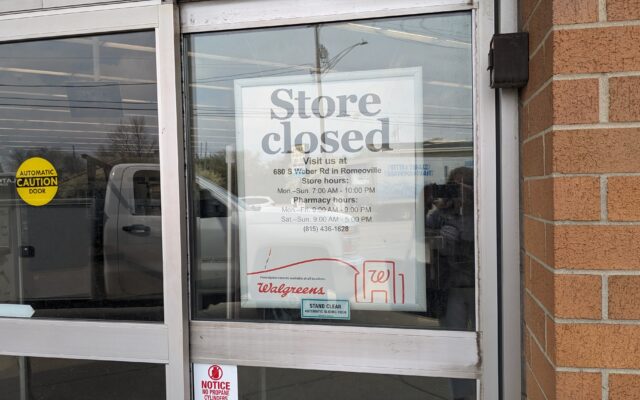Report highlights use of ARPA funds for Illinois broadband expansion

Thousands of Illinoisans, especially in rural areas, still lack sufficient access to broadband service, but that is about to change.
The challenges of deploying broadband network infrastructure in rural locations create high costs and low returns on investment that discourage providers from expanding in these areas.
A new report from the Pew Charitable Trust highlights several states that are using American Rescue Plan Act funding for broadband.
Illinois is also set to receive $100 million from the Infrastructure Investment and Jobs Act to expand rural broadband.
A planning and capacity-building program has been announced to help Illinois communities leverage broadband infrastructure funding for expansion, something that is happening all over the country according to Pew Charitable Trust senior officer Anna Read.
“Many states have had grant programs and the number of states with state broadband programs and state grant funds that support broadband deployment have increased over the last few years,” Read said.
As of fall 2021, 44 states including Illinois, had established grant programs to cover the costs of broadband deployment in areas where it would otherwise not be economically feasible.
“I’m really proud to say that Illinois has a head start on much of the rest of the country,” said Matt Schmit, director of the Illinois Office of Broadband. “We’ve been able to stand up a matching grant program, Connect Illinois, that lines up really nicely with the federal funding opportunities that are coming out of Washington.”
The Accelerate Illinois Notice of Collaboration Opportunity is open now and accepting applications through December 30. The state is expected to serve up to 12 communities with this initial program.
Although states prioritize proposals targeting unserved areas, many, including Illinois, also allow funding to go to projects in “underserved” areas – those that do not meet the state’s definition for unserved but have available internet speeds that fall short of the state’s longer-term targets.
Schmit said the broadband landscape is going to be changing for the good in the near future.
“I think as we move into the new calendar year, we are going to see a dramatic uptick in activity tied to broadband investment and I’m really excited to see that,” Schmit said.






